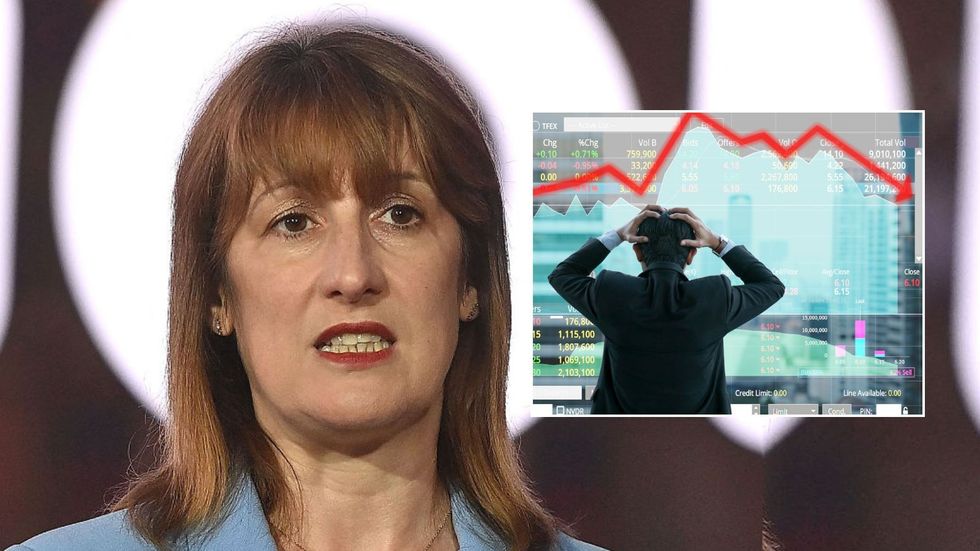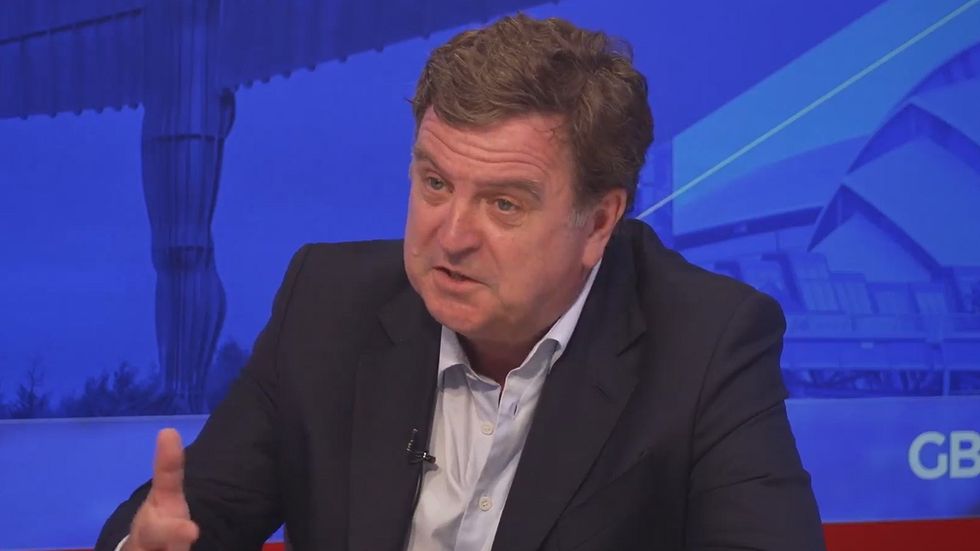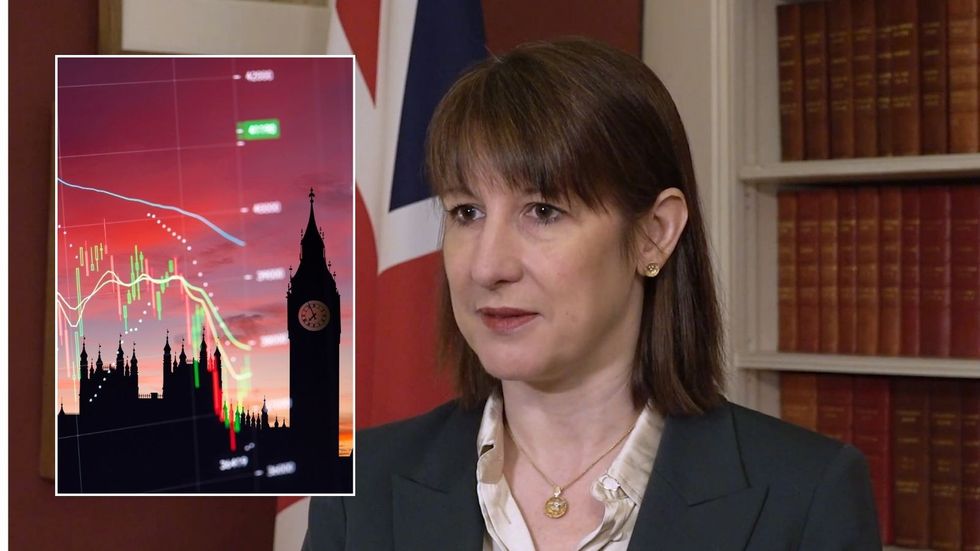Chancellor Rachel Reeves has been warned that urgent action is needed to prevent the UK sliding into a financial crisis.
With economic growth flatlining and productivity at just a third of pre‑2008 levels, mounting borrowing and a £40billion shortfall in public finances are heightening concerns over the country’s economic stability.
A prominent economist has issued a stark warning that Britain could face a financial crisis unless the government takes swift action to restructure the economy.
The alert comes as concerns mount over the nation’s economic trajectory and investor sentiment.
Dr Gerard Lyons, a research fellow at the Centre for Policy Studies, has cautioned that whilst a repeat of the 1976 sterling crisis isn’t certain, the possibility of a fiscal emergency remains real.
His new analysis suggests that without fundamental changes to economic policy, the UK could lose the trust of global investors without warning.
The comprehensive study, titled Breaking the Cycle and published today, advocates for a thorough transformation of Britain’s economic approach to address what Lyons describes as substantial but resolvable challenges.
The Centre for Policy Studies research reveals that Britain’s economic growth per person has ground to a halt, whilst productivity expansion has plummeted to merely a third of its pre-2008 financial crisis levels.
These findings have garnered support from Shadow Chancellor Mel Stride, who endorsed the report’s conclusions.
“This report highlights a simple truth: we are living beyond our means,” Stride stated. “Urgent action is needed to fix our public finances and restore confidence in the UK economy.”

The shadow chancellor criticised the current administration’s approach, arguing that their response of increased expenditure and borrowing is not viable.
“For too long now we have lagged behind other countries in terms of growth and productivity,” he said, warning that such policies are inflationary and detrimental to private sector growth.
Dr Lyons emphasised that expanding GDP per person should be the government’s primary objective, with every policy decision aligned to achieve this target.

“The issues we face are real, sizeable but are solvable with the right policies. The central aim should be to grow GDP per capita. All policy decisions should be geared to this,” he stated.
The economist warned that whilst attention remains fixed on the upcoming Budget scheduled for late November, the threat of a financial crisis could materialise unexpectedly.
“Although a repeat of 1976 is not inevitable, a fiscal crisis is a genuine risk. The current focus is on the Budget in late November, but if the Government loses the confidence of international investors a crisis is possible at any time,” Lyons cautioned.

The analysis identifies Britain’s mounting fiscal pressures, including a £40 billion shortfall in public finances that Chancellor Rachel Reeves must address. Downing Street remains engaged in intensive policy deliberations as the crucial economic announcement approaches.
Financial markets have already begun expressing unease about the UK’s borrowing trajectory and broader economic health. Recent months have witnessed increasing apprehension amongst investors, with government bond yields experiencing significant upward movements in monthly trading data.
The report advocates for stringent control over state expenditure and a reduction in the nation’s debt relative to economic output. According to the findings, maintaining current spending patterns whilst productivity remains depressed threatens to undermine market confidence and potentially trigger the very crisis that economists fear.







Follow